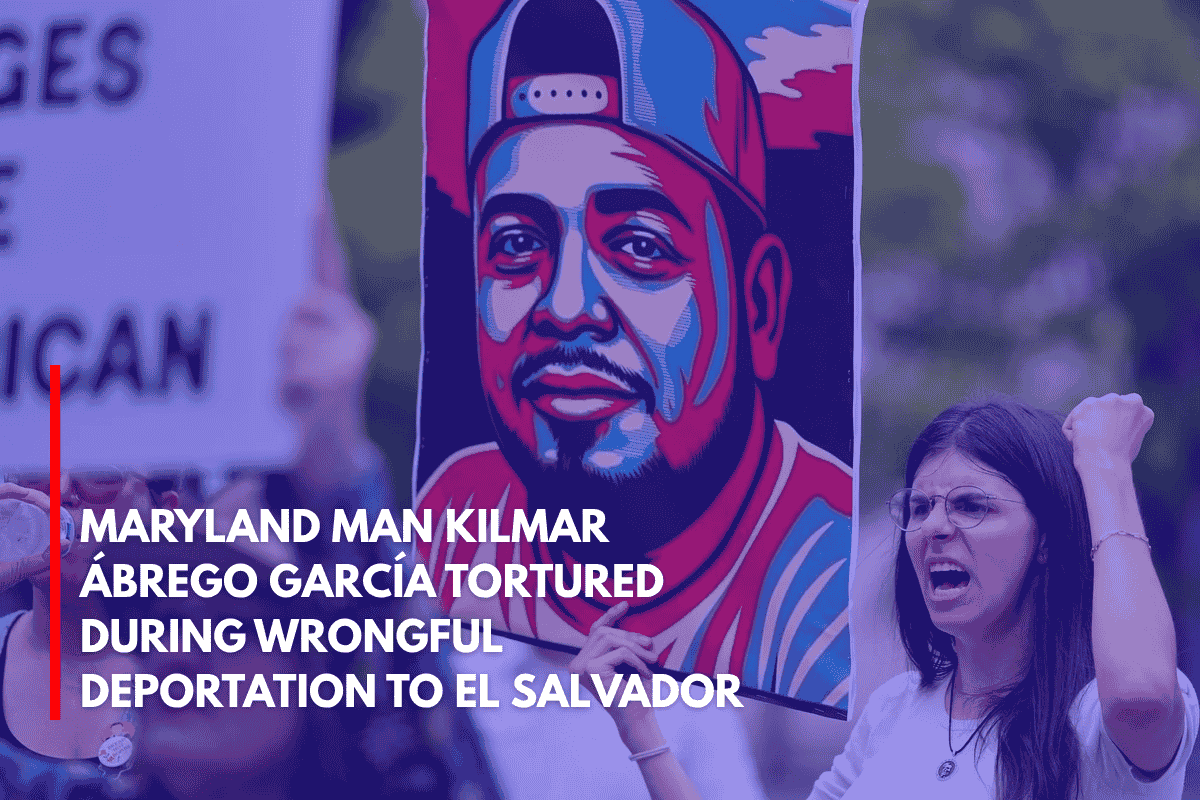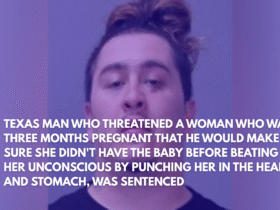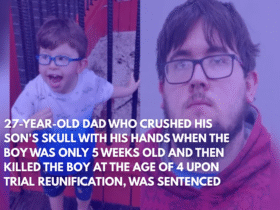Washington, D.C. – Kilmar Ábrego García, a Maryland man, was wrongfully deported to El Salvador and spent three months in one of the country’s most notorious prisons, where he was subjected to both physical and psychological torture, according to new court filings made public on Wednesday.
The documents, filed by his lawyers in federal court in Maryland, provide shocking details about his treatment during his time at the Terrorism Confinement Center (Cecot) in El Salvador.
Torture and Inhumane Conditions at Cecot
While being held in Cecot, Ábrego García and 20 other detainees were subjected to inhumane conditions. The men were reportedly forced to kneel from 9:00 PM to 6:00 AM without being allowed to use the bathroom, leading Ábrego García to soil himself.
Guards reportedly struck detainees who fell from exhaustion. The detainees were confined in overcrowded cells with no windows, and the bright lights were kept on around the clock. They were confined to metal bunk beds with no mattresses.
Ábrego García’s weight loss was severe—his lawyers report he lost 31 pounds during his first two weeks in confinement. Conditions appeared to worsen when he and four other detainees were transferred to another section of the prison.
According to the filings, photos were taken showing Ábrego García and the others with mattresses and food, but these images were reportedly staged to create a false impression of improved conditions.
Prison Officials Acknowledged His Innocence
The court filings also note that prison officials acknowledged that Ábrego García was not a gang member. His tattoos, which the U.S. government claimed indicated gang affiliation, were explicitly stated by officials to be non-gang related.
Despite this, Ábrego García was threatened with being placed in a cell with gang members, where prison officials warned that he would be “torn apart” by the inmates.
The Legal Battle: A Complex Deportation Case
Ábrego García, who is currently in federal custody in Nashville, was initially deported by the Trump administration under questionable circumstances. The U.S. government claimed it was powerless to bring him back but later reversed course.
The Justice Department now wants Ábrego García to stand trial on human-smuggling charges, despite his legal team asserting that these charges were an attempt to justify his wrongful deportation.
Ábrego García has pleaded not guilty to the charges, with his lawyers arguing that he was deported due to a mistake made by the U.S. government. The deportation has stirred controversy, as the administration had initially stated that he would be sent back to El Salvador.
However, a Justice Department lawyer recently contradicted this, stating that Ábrego García would be deported to a third country, not El Salvador.
Legal Developments and Future Hearings
A Tennessee judge ordered Ábrego García’s release while his criminal case progresses. However, prosecutors have stated that if he is released, he will be taken into U.S. Immigration and Customs Enforcement (ICE) custody and deported before being allowed to stand trial.
His legal team is seeking to keep him in criminal custody, fearing that his release could result in imminent deportation.
With hearings in Maryland and Tennessee coming up, the future of Ábrego García’s case remains uncertain, with his lawyers working to keep him in the U.S. while he fights the charges.
The Broader Implications
This case has raised questions about deportation practices and the treatment of detainees under U.S. immigration policy. Human rights groups are closely monitoring the situation, highlighting the importance of holding governments accountable for the treatment of migrants, especially in cases of wrongful deportation and the denial of basic rights.











Leave a Reply